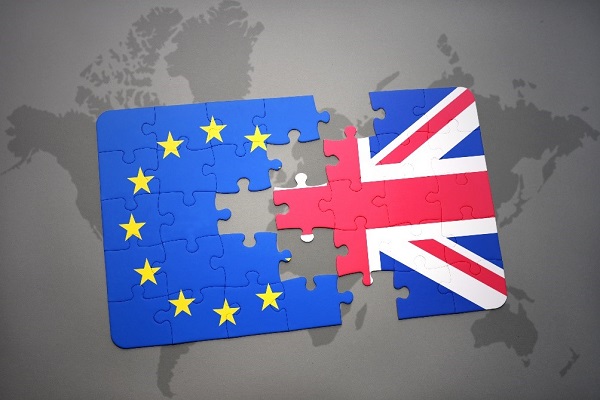Brexit FAQ

+Will my passport be valid after Brexit?
If you currently have a valid passport, you will be able to continue to travel to Europe until it expires.
From 1st Jan 2021 your passport must be less than 10 years old and have at least 6 months validity left. If not, you’ll need to renew your passport early.
If you previously renewed your current passport before the previous one expired, extra months may have been added to its expiry date. However, the Government has now warned British travellers who hold passports with any extra months added from their previous passport, that those extra months will not count.
Those who do not meet the appropriate requirements on their passport may not be able to enter EU countries. The Government has set up a page that can help travellers understand whether their passport is valid for the country they intend to visit. You can visit that page here.
These rules do not apply to travel to Ireland. You can continue to use your passport as long as it’s valid for the length of your stay.
+Will roaming charges change after Brexit?
After Brexit, British travellers are not able to get free mobile phone data whilst in the EU. Whilst the Government has put measures in place, such as capping the amount of mobile data consumers can use by accident to £45 whilst abroad, and for consumers to receive alerts when they reach 80% of their data usage, there’s no guarantee that roaming charges may not apply after these points.
Some providers, such as EE, O2 and Vodafone, have said that they do not plan on changing their roaming charge policies, but we do advise customers to check with their provider before travelling.
+At the airport, which passport line do I follow after Brexit?
Before Brexit, British tourists benefitted from freedom of movement within the EU, and that included joining the queues for EU citizens at ports, airports and railway stations.
As we will have non-EU passports after 31st December 2020, British travellers will have to follow the rules of travel that all other third-country citizens follow when visiting EU countries, and no longer join the EU citizens queue.
+Will I need a VISA to travel to Europe after Brexit?
After Brexit, you will not need a VISA for short trips to the majority of European countries, and Iceland, Lichtenstein, Norway and Switzerland. You’ll be able to holiday in Europe for 90 days out of any 180-consecutive-day period. Anything longer than that and you’ll need a VISA specific for your type of visit, for example working VISA, student VISA or a VISA for business travel etc.
Different rules apply when visiting Bulgaria, Croatia, Cyprus and Romania. You can make a 90-day trip to any of these countries and not use up you 90-day allowance for other EU countries.
You can visit the Government’s page for your specific destination country for information on how to get a VISA here.
+Will Brexit effect your Emergency Assistance service?
No. Our team will still be available 24/7 to take your emergency assistance calls as and when required.
We would ask you to be mindful of roaming charges when getting in touch, as this could affect your phone bill and cause additional expenditure.
+How will Brexit effect medical treatment costs?
The UK government has now reached an agreement on healthcare when travelling to the EU and have confirmed that an individual’s EHIC card will remain valid until it expires for all countries in the EU except Norway, Iceland, Liechtenstein and Switzerland.
The UK government have also advised that once your EHIC expires, you can apply for a UK Global Health Insurance Card or GHIC which you can apply for here. Be aware of unofficial websites, which may charge if you apply through them. A GHIC is free of charge.
Please note the EHIC/GHIC will not be accepted in private clinics. Make sure that your travel insurance policy has adequate cover for medical expenses, including repatriation and air ambulance costs, to ensure that they meet your needs. We would also always advise customers to ensure they had declared any and all medical conditions to their travel insurance provider to protect them from having any claim declined.
+If you’re abroad and do not have your EHIC/GHIC card with you
You are able to get a Provisional Replacement Certificate or PRC in order to prove your entitlement to medically necessary healthcare if you are travelling to Europe and forget your GHIC or EHIC. This will give you the same cover as an EHIC or GHIC until you return home.
You’ll need to apply for a PRC by calling Overseas Healthcare Services at the NHS Business Services Authority on +44 (0)191 218 1999. They are open Monday to Friday, 8am to 6pm.
If you are unable to call, someone else can apply on your behalf.
If you need it outside the opening hours stated above, you should call as soon as possible the next working day.
When calling for a PRC, you’ll need to give:
- Your National Insurance number
- Your name
- Your address
- Your date of birth
- The name of the treatment facility
- The email address for the specific department of the organisation providing your treatment
*Disclaimer: All information was correct at the time of writing 14/01/2021. This content will be updated as new information is released.


